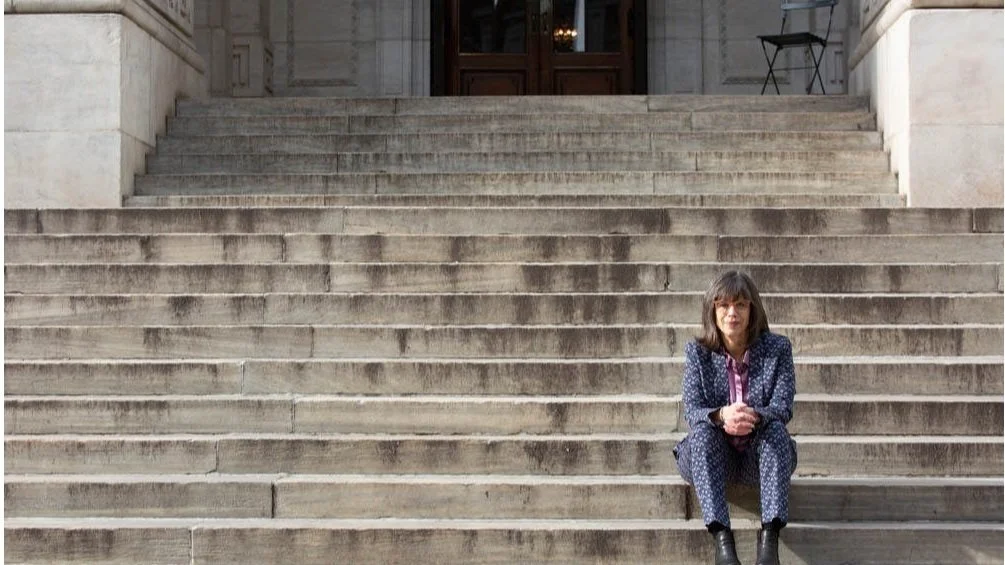Welcome to this new feature of my blog where I answer your questions about funding and marketing for artists and writers. Send me your questions and I will choose the best one and answer regularly on the blog. Kharis Kennedy wrote with these two related questions about grant application budgets:
Dear Gigi,
The grant is for $2,500 but my project will cost about double. Does this look bad to the granting agency? Is there a standard way to write the budget such that the remainder cost difference is acknowledged/addressed?
You must address the fact that the project will cost double. Look at it from the agency’s point of view: They don’t want to give you $2500 if you have no plans for how to fund the rest of the project. Then, their hard-earned money would be wasted. You need a solid plan for how you will cover the rest of the budget. Have you already earned that money through your own fundraising? (That would be best!) Will you donate your own funds? Will you do a fundraiser and if so, how can you prove to the granting agency that you have the chops to raise that amount of money? How many followers do you have? What’s your success with other fundraising? Get the idea? Put yourself in the funder’s shoes and you will quickly see that you have to prove to them that you’re a safe bet: you will get the project done, be a good steward of their funding, and you have a solid plan for how to raise the other money OR better yet, you’ve already raised it.
What if a grant was for $10K but I only needed 5K? Obviously I wouldn't write up a fake budget and would just leave my budget at 5K but do granting agencies ever award less (i.e., just the 5K needed for the project) or do they award 10K no matter what?
First make sure that you really couldn’t expand your project and use the full amount. Have you included every possible expense that would be covered by the grant? Are you dreaming big enough? If you are, then call the agency and ask them. You want to make sure that a smaller request won’t mean a demerit for your project. It may actually make your project more attractive because then they’ll have money leftover to fund something else. But first see if you could use the full amount and second ask them if it won’t be seen as a negative.




